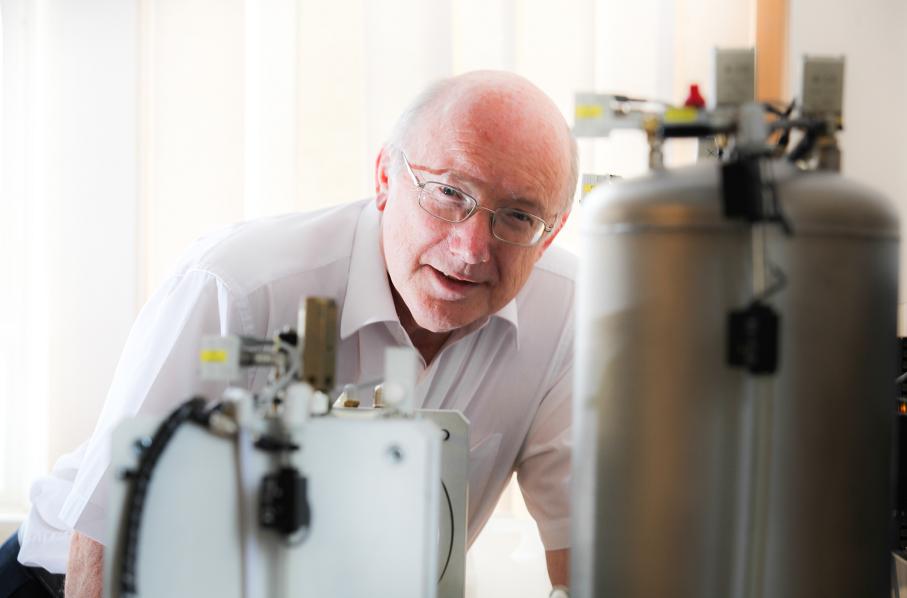A £111,000 grant is enabling a successful Nottingham company to become even stronger in the global market.
TSC Simulation Consultants Limited (TSC) based on Private Road in Colwick is one of the world’s leading independent suppliers of dynamic process simulation models for use in training and engineering performance studies. In much the same way as a flight simulator is used to train and assess airline pilots, a TSC simulator is used to train and assess the people who run wind turbines and oil platforms.
Established in 1979, TSC works with customers across 32 countries, providing simulations of the plant and processes used in the oil and gas sectors, food and pharmaceuticals industries. It also has a growing customer base in renewable energy. Its customers include BP, Shell, British Gas, GlaxoSmithKline and Unilever.
The grant from Nottingham Technology Grant Fund (N’Tech) will enable the firm (of 15) to recruit four new members of staff immediately and bring the manufacture of its simulator hardware in-house. A further 15 software engineers are expected to be required to support anticipated growth as a result of the investment in the next two years.
TSC is at the forefront of technology design in the sector and is one of very few companies in the world providing dynamic process simulation models and has won a number of innovation awards. It is estimated that about 20,000 engineers every year use TSC’s simulations and the firm works closely with colleges and universities across the UK.
Over the last 15 years, TSC has developed its computer simulations, implementing an on-line delivery system and ‘next generation’ operating system. TSC has also developed a patented desktop version of a ‘Three Phase Separator’ which separates the oil, water and gas from the fluid mix that is produced from a well, for use in a safe classroom environment for the training of process engineers.
N’Tech grants are geared towards the growing life science, digital content and clean technology sectors and the fund is delivered by Nottingham City Council. The programme, launched in April 2013 has so far offered 56 grants to businesses in the Greater Nottingham area worth £6.6 million, 18 of these grants given to businesses in the clean technology sector, totalling £1.7 million. There are a further 25 applications in the pipeline requesting £2½ million and N’Tech closes to applications on 30 September 2014.
Michael Bolton, Managing Director at TSC commented “Having the N’Tech grant gives us the opportunity to invest and expand our business. We are already a global leader in our sector but this funding provides the opportunity to develop our offer even more and increases sales.
He added “The N’Tech application process was very straightforward and I would encourage any business owner looking for development funding to consider it.”
N’Tech is a core element of Nottingham City Council’s Nottingham Growth Plan delivered through its “Growing Nottingham” campaign – a blueprint for the city’s future business growth and one of the most ambitious strategies of the UK’s Core Cities. Measures introduced as part of the plan have played a key role in encouraging new business formation through various finance and support packages. The three key focus sectors outlined in the Growth Plan are creative and digital, life sciences, and clean technology.
Councillor Nick McDonald, Portfolio Holder for Jobs and Growth at the City Council, said: “Nottingham is increasingly seen as a centre for green energy, in part due to the innovative businesses we have operating in this sector, and we’re very pleased to have been able to work with TSC on its expansion through the N’Tech grant process. We are delighted that jobs are being created here in Nottingham as a result.”
N’Tech grants are funded solely through the Government’s Regional Growth Fund (RGF). Nottingham City Council secured RGF from the Government for grants to help fast track development of businesses based in the city. The funding can provide grants of £20,000 to £1 million per successful company to support growth and expansion.



















